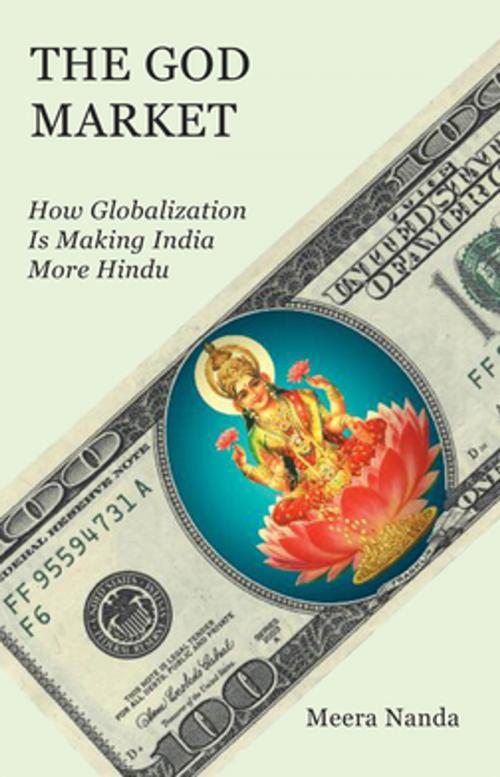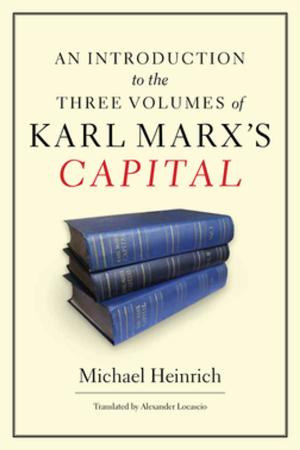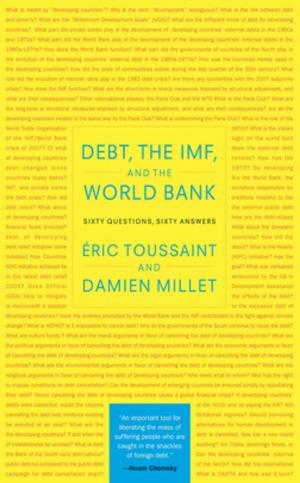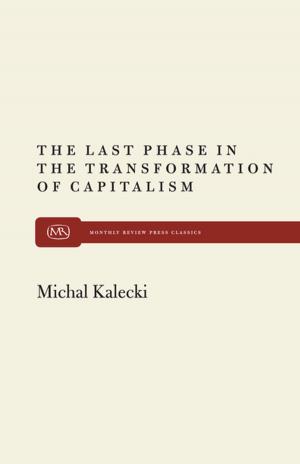The God Market
How Globalization is Making India More Hindu
Nonfiction, Religion & Spirituality, Eastern Religions, Hinduism| Author: | Meera Nanda | ISBN: | 9781583673102 |
| Publisher: | Monthly Review Press | Publication: | October 1, 2011 |
| Imprint: | Monthly Review Press | Language: | English |
| Author: | Meera Nanda |
| ISBN: | 9781583673102 |
| Publisher: | Monthly Review Press |
| Publication: | October 1, 2011 |
| Imprint: | Monthly Review Press |
| Language: | English |
Conventional wisdom says that integration into the global marketplacetends to weaken the power of traditional faith in developingcountries. But, as Meera Nanda argues in this path-breaking book,this is hardly the case in todays India. Against expectations ofgrowing secularism, India has instead seen a remarkable intertwiningof Hinduism and neoliberal ideology, spurred on by a growingcapitalist class. It is this “State-Temple-Corporate Complex,”she claims, that now wields decisive political and economic power,and provides ideological cover for the dismantling of the Nehru-erastate-dominated economy.
According to this new logic, Indias rapid economic growth is attributableto a special “Hindu mind,” and it is what separates thenations Hindu population from Muslims and others deemed to be“anti-modern.” As a result, Hindu institutions are replacing publicones, and the Hindu “revival” itself has become big business, a majorsource of capital accumulation. Nanda explores the roots of thisdevelopment and its possible future, as well as the struggle for secularismand socialism in the worlds second-most populous country.
Conventional wisdom says that integration into the global marketplacetends to weaken the power of traditional faith in developingcountries. But, as Meera Nanda argues in this path-breaking book,this is hardly the case in todays India. Against expectations ofgrowing secularism, India has instead seen a remarkable intertwiningof Hinduism and neoliberal ideology, spurred on by a growingcapitalist class. It is this “State-Temple-Corporate Complex,”she claims, that now wields decisive political and economic power,and provides ideological cover for the dismantling of the Nehru-erastate-dominated economy.
According to this new logic, Indias rapid economic growth is attributableto a special “Hindu mind,” and it is what separates thenations Hindu population from Muslims and others deemed to be“anti-modern.” As a result, Hindu institutions are replacing publicones, and the Hindu “revival” itself has become big business, a majorsource of capital accumulation. Nanda explores the roots of thisdevelopment and its possible future, as well as the struggle for secularismand socialism in the worlds second-most populous country.















